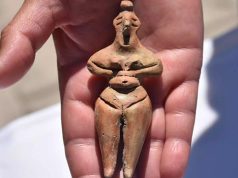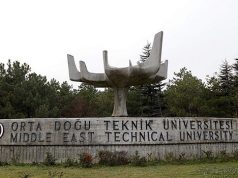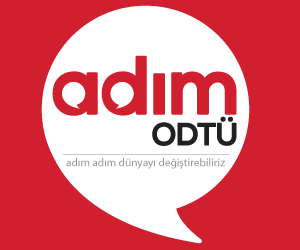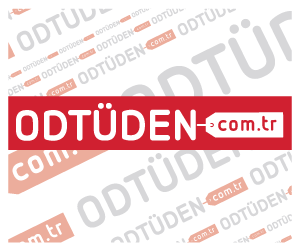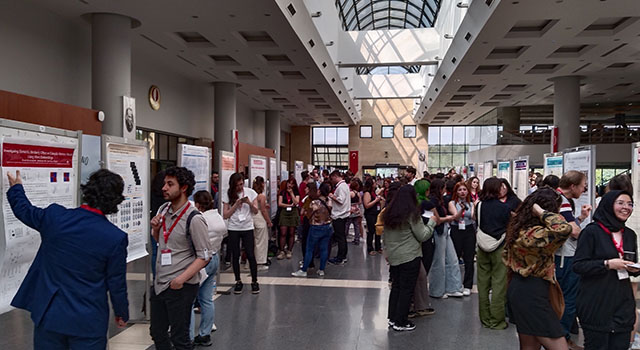
The 10th edition of the International Symposium on Brain and Cognitive Science (ISBCS) was held on June 1 at the METU Culture and Convention Center. Recognizing that cognitive science is a multidisciplinary field aimed at understanding all aspects of human cognition and other forms of intelligence such as artificial intelligence, ISBCS featured presentations by researchers across numerous disciplines varying from linguistics, computer science and artificial intelligence to anthropology, psychology, neuroscience, philosophy, and education. In alignment with the multifaceted nature of cognitive science, the symposium addressed its main subject from multiple dimensions through the presentations.
Jointly organized by Middle East Technical University, Boğaziçi University and Yeditepe University, the three universities in Turkey offering cognitive science programs, the International Symposium on Brain and Cognitive Science is held annually to bring together researchers and students from leading national and international centers in fields related to cognitive sciences.
At the symposium that started with a keynote speech by Prof. Banu Günel Kılıç, the Director of the Graduate School of Informatics at METU, other invited speakers included Prof. Jeff Cohn from the University of Pittsburgh, Prof. Metehan Çiçek from Ankara University, and Prof. Tilbe Göksun from Koç University. In addition to keynote speeches, the event featured a panel discussion and poster presentations.
“Reliable and effective measurement in assessing treatment response is significant”
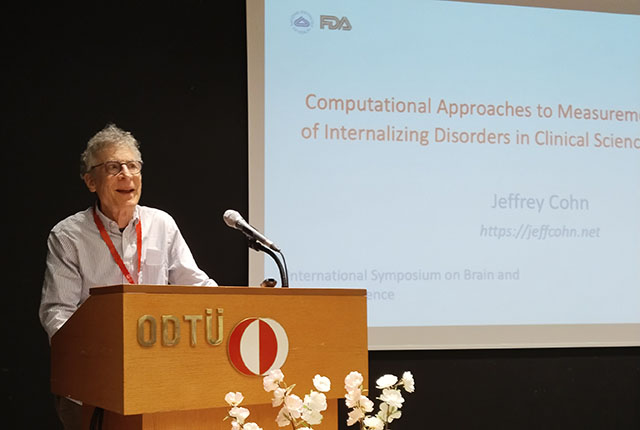
In his speech titled “Objective Measurement and Analysis of Internalizing Disorders Using Multimodal Machine Learning for Clinical Science and Treatment,” Prof. Jeff Cohn focused on the treatment process of psychopathological disorders, emphasizing the significance of reliable and effective measurement in assessing treatment response. Dr. Cohn highlighted that while the latest technology in diagnosis and clinical endpoint measurement, including self-reporting and clinical interviews, helps evaluate the severity of the illness, it still is a subjective method. He went on to say that self-reporting and clinical interviews are difficult to standardize within and across settings, in addition to the fact that they impose a burden on patients and lack certain details. Prof. Cohn noted that multimodal machine learning increasingly offers a robust alternative to these standard approaches.
“We used social stress to evaluate the interaction between emotion and timing”
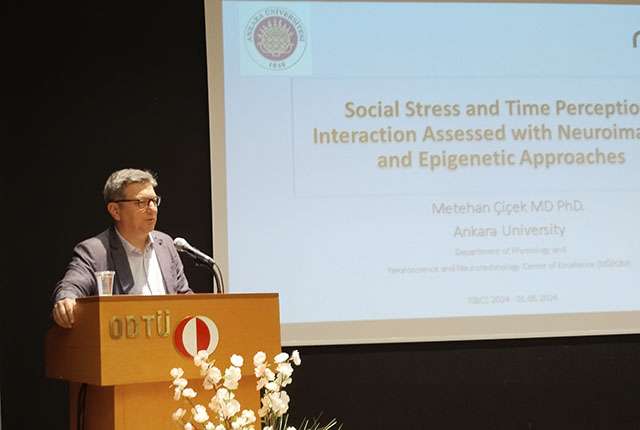
In his speech titled “Social Stress and Time Perception Interaction Assessed with Neuroimaging and Epigenetic Approaches,” Prof. Metehan Çiçek talked about the interaction between emotions and timing. Drawing on experiences from his research, Dr. Çiçek explained how social stress changes perception of time, stating that it is widely known that emotions affect time perception. Highlighting the significant individual differences in the interaction between emotion and timing, he stated: “In our research, we used social stress, an ecologically valid model, to evaluate the neurological foundations of the interaction between emotion and timing.” Dr. Çiçek also presented his team’s studies that demonstrate how stress changes perception of time and which neural pathways are involved in the process using neuroimaging techniques.
“There are differences in how much information people derive from gestures and how they use them”
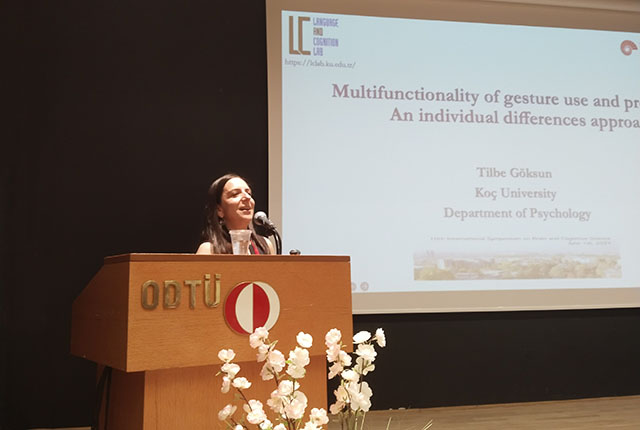
Another invited speaker, Prof. Tilbe Göksun, in her speech titled “Multifunctionality of Gesture Use and Processing: An Individual Differences Approach,” discussed the multimodal nature of language, emphasizing that the gestures people use while speaking reflect their cognitive processes. Dr. Göksun addressed the role of gestures in compensating for verbal and visuospatial cognitive resources and the multifunctionality of gesture processing and production in various contexts and groups. She explained that one aspect of the multimodal nature of language is the hand movements of people during communication that represent their thoughts. Dr. Göksun highlighted the following key questions in this regard: “Why do people gesture in different situations? Do gestures serve similar functions across all these situations? How does the use of other cognitive resources interact with gesture usage and processing in different contexts?” She noted that these gestures not only reflect but can also alter the thinking processes of individuals and added that there are differences in how much information people derive from gestures and how they use them.
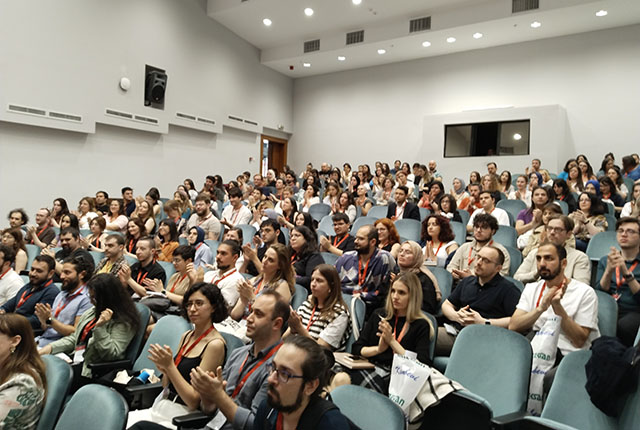
Detailed information regarding the conference, as well as the proceedings book, can be accessed here.



